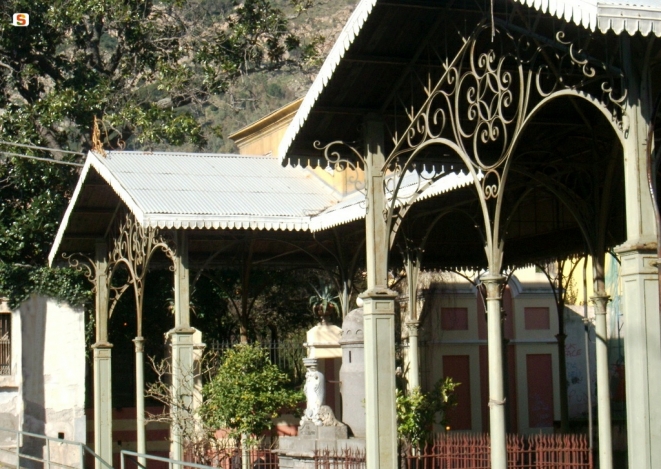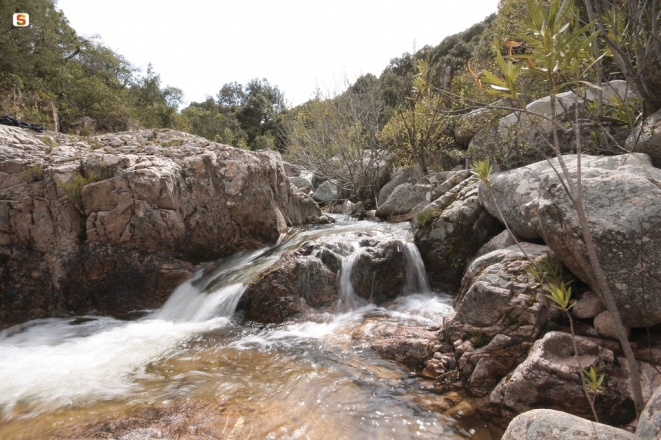The sad fate of the Panas
The souls of women who died in childbirth could not rest in peace

Disturbing them was a sacrilege, because the interruption of their work would have extended the agony for further seven years. For this reason the panas avoided the looks and, more than anything else, they avoided to talk with people, in short with anyone in the middle of the night had dared to disturb them.
They were harmless if not bothered, but they could become incredibly vindictive when they were interrupted. The revenge of a pana, at that point, could be as terrible as her unfortunate fate.
A tale tells of a shepherd who met a pana in the middle of the night, not having recognized her, he rebuked her and laughed. At that point the pana hurled a curse against the man, wishing to his wife to make his own demise. A few weeks after the shepherd's wife died in childbirth.
But as mentioned, harmless panas, too, existed. A tale told of a young girl whose mother sent her to the river too early to wash clothes, so early that the sun had not yet risen. A pana that night lingered by the river. The girl saw her but did not say a word, began to wash in silence her cloths, just across the river, keeping the head bowed. The pana also saw her and said nothing too. Shortly thereafter she disappeared. The girl went home scared but calm. The pana had thrown over her no curse.
The fear to meet with the panas was one of the reasons because Sardinian women were careful to wash them clothes at the river before the down. Only after the rise of the sun they could be quiet. The panas, indeed, disappeared before the dawn.
So many people claim to have seen at least one of these unfortunate figures washing clothes on the banks of a river, attracted and stunned by their melancholic singing. Some, recognizing them, went straight ahead to avoid incurring them terrible revenge, others stopped to observe them risking of become hit by them spell.

The disconsolate torture of the Panas appeared to be, at times, reproducing the guilt that weighed on the entire community, indirectly accomplice of the murder of these poor young women giving birth (as sometimes happened), out of wedlock dishonoring the entire family.
The water at that point it became a clear element of cleansing and the obvious symbolic value of its contact was the only element capable of purifying the entire bloodline.
Clear legendary elements intersect with the bits of the history that shape and mold the various legendary Sardinian culture, mysterious and elusive, yet miraculously preserved in the memory and in the ancient tales. At that point, the water became a clear element of cleansing and the obvious symbolic value of its contact was the only element capable of purifying the entire bloodline.
Finally, it remains the authentic flavor of belief and participation in the many stories that tell about the old Sardinian panas. In their eyes you may see respect and fear, curiosity and amazement in reminding the glimp, given, even for a moment, to one of them, bowed with her sad face, busy washing clothes in the river.